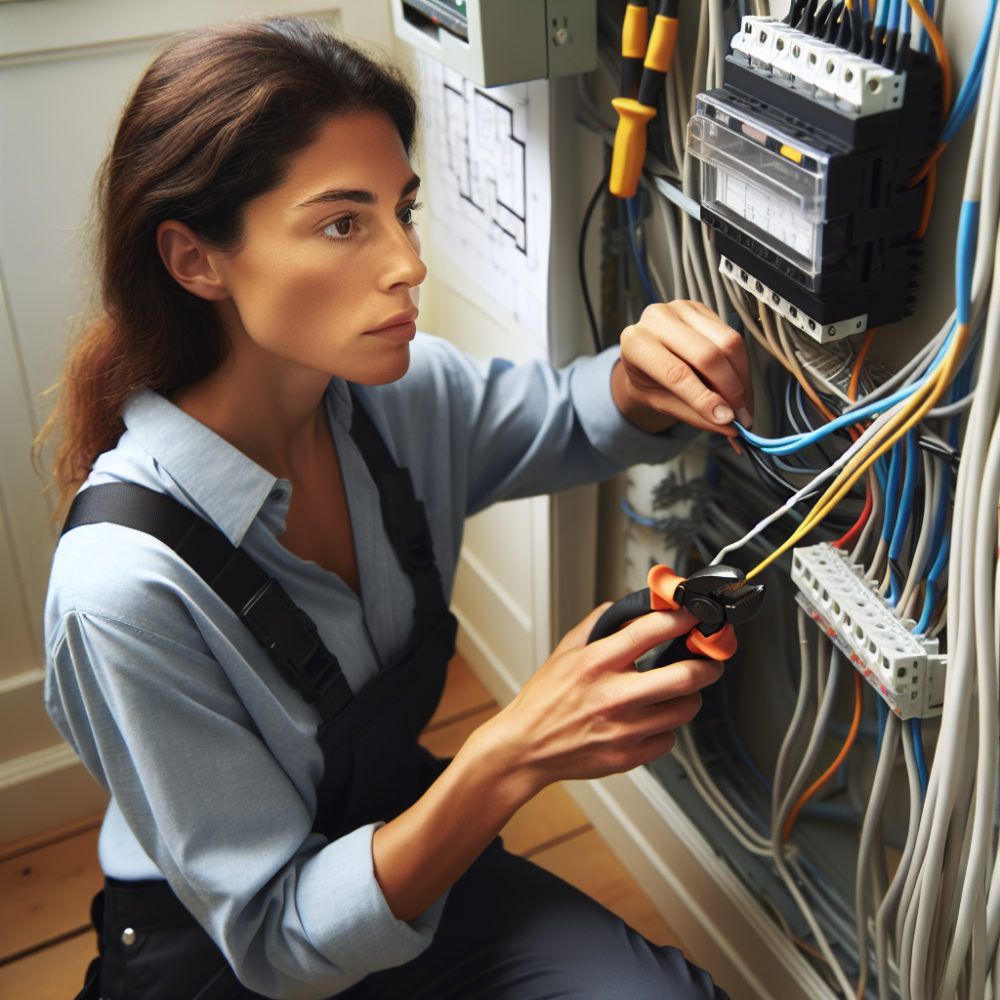Mastering Your Home's Electrical Framework: A Guide to Wiring Essentials

Posted on: Sunday, March 3rd, 2024
Understanding the electrical wiring in your home is crucial for both safety and functionality. Modern residential wiring encompasses various components and standards that homeowners should be familiar with to ensure efficient and hazard-free electricity use. This guide aims to shed light on fundamental wiring principles, materials, and safety protocols. Whether you're undertaking a home renovation or simply seeking to enhance your knowledge, this overview will equip you with the essentials of home electrical systems.
At the heart of any home's electrical system is the wiring network that distributes power to different areas and devices. Today's wiring must adhere to strict codes and standards, often requiring materials like copper or aluminum and specific insulation types to ensure safety and efficiency. Understanding your home's wiring map can significantly aid in troubleshooting issues, planning renovations, or installing new appliances. Notably, advances in technology have led to the integration of smarter wiring solutions, capable of enhancing energy efficiency and reducing risks.
One of the critical aspects of mastering home wiring is recognizing the importance of a well-designed electrical panel. This panel acts as the hub for your home's electrical system, where circuits are controlled and protected. It's essential to ensure your electrical panel is adequately sized for your home's needs and that circuits are correctly labeled and not overloaded. Regular inspections by a qualified electrician can prevent potential hazards and ensure your system complies with local electrical codes.
Safety should always be the top priority when dealing with electrical wiring. This includes turning off the power before performing any work, using insulated tools, and understanding the basics of how electrical circuits operate. Ground Fault Circuit Interrupters (GFCIs) and Arc Fault Circuit Interrupters (AFCIs) are modern safety devices that protect against electrical shocks and fires, respectively, and should be included in your electrical system. Knowledge of these and other safety measures can protect you and your home from electrical mishaps.
In conclusion, while electrical wiring might seem daunting, a basic understanding of your home's electrical system, adherence to safety protocols, and the occasional assistance from a professional electrician can go a long way. Whether it's choosing the right type of wire, knowing how to safely navigate your electrical panel, or keeping up with modern safety devices, these steps can ensure your home's electrical system is both efficient and safe. Remember, electricity is a powerful tool that, when respected and properly managed, can significantly enhance the comfort and functionality of your home.